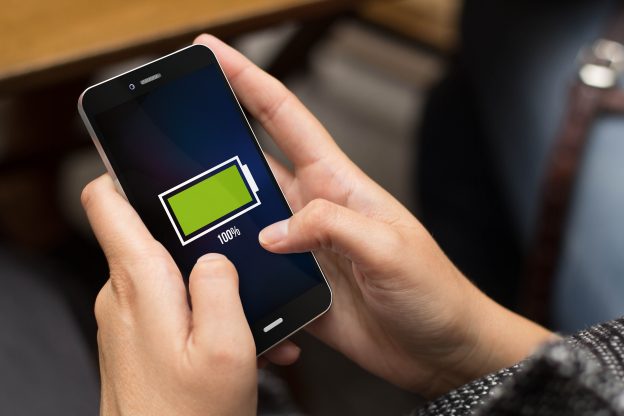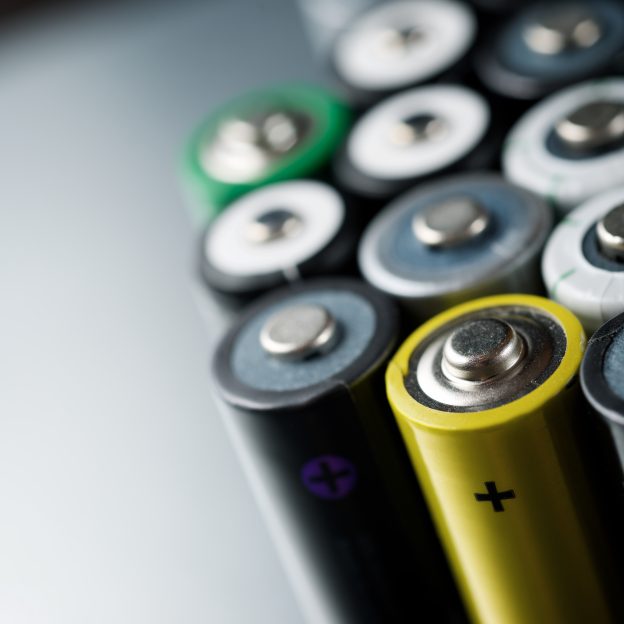
The Industrial Technology Research Institute (ITRI) has once again joined hands with Taiwan Power Company (TPC), and signed for the second MOU for innovative strategy today (8th) that will expand on the orientations and intensity of future cooperation, where the collaboration on talent cultivation, business co-creation, and international concatenation will also be incorporated, in addition to the existing technology R&D. Tseng Wen-sheng, Deputy Minister of the MOEA, pointed out that the energy industry was regarded as a fundamental production element in the past, and he hopes to see it becoming a technology industry in the future, where the sufficient talent and resources will transform the electricity government into a national array.
This signing of the 2.0 MOU marks the second collaboration between the two major juridical persons of TPC and ITRI since 2015, which hopes to achieve a stable provision of electricity, in addition to the expedition on digital and energy transformation at the same time. The previous MOU was based on themes of energy conservation and green energy, and signed for exchanges including the international information seminar, technology matchmaking seminar, and the achievement presentation. TPC and ITRI had worked on over 50 research programs in 5 years, including the establishment of smart electric meters for 1 million households, smart power distribution system, co-application of artificial intelligence and big data analysis, as well as the reduction on the duration of power outage.
The MOU re-signed by TPC and ITRI this time pertains to digital transformation and green energy sustainability, and is expanded into four major orientations of “technology R&D”, “talent cultivation”, “business co-creation”, and “international concatenation”. Edwin Liu, President of ITRI, pointed out that a more in-depth R&D of relevant technology is required in order to elevate the stability of power provision in the face of increasing renewable energy, and that the focus of development should be placed on the cultivation of talents as Taiwan is currently lacking talents of electricity and energy.
Liu further explained that the challenges Taiwan is facing in terms of international concatenation are mostly challenges that have been tackled by other countries who Taiwan should take lessons from, and he looks forward to seeing the establishment of a pristine industry between ITRI and TPC throughout the transformation process of energy and the electricity market.
Tseng believes that the critical period for carbon reduction lies between 2021 and 2030, and expressed that the final objective from signing this MOU is not to maintain the status quo, but to ponder on how to face the challenges. The energy industry of Taiwan will be facing similar challenges as Japan and South Korea successively announced the target of zero emission by 2050, and the MOEA is currently fully engaged in preparation by evaluating the implementation routes adopted by other countries. Taiwan will be adhering to what the country’s competitors have implemented in regard to planning and execution.
Tseng pointed out that future energy will become a technology industry with the ascending power generation efficiency of solar energy and the increasing dimension and capacity of offshore wind turbines. The advancement of the green energy technology and the surging speed of installation will require additional smart grids, smart dispatching, and sufficient energy storage facilities. Effective energy storage facilities, design of auxiliary services, and the peak load market through technological development will become factors in attracting major businesses to come to Taiwan to co-create a new power society.
(Cover photo source: captured by TechNews)







